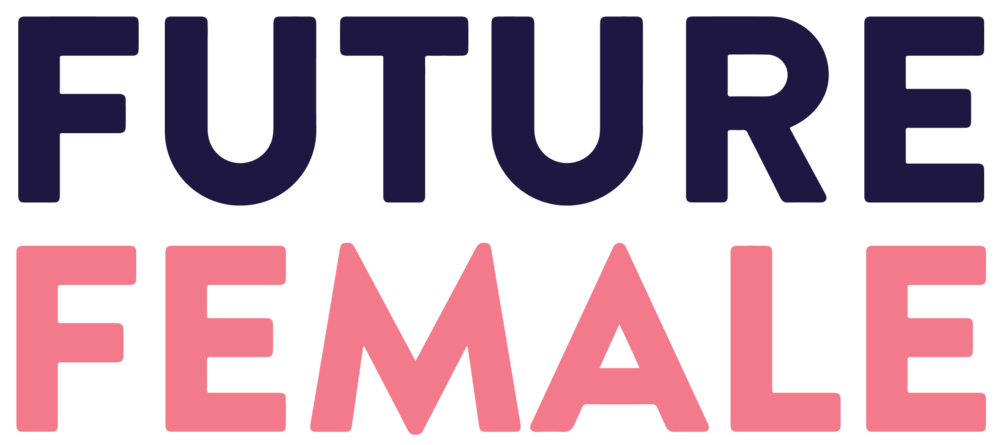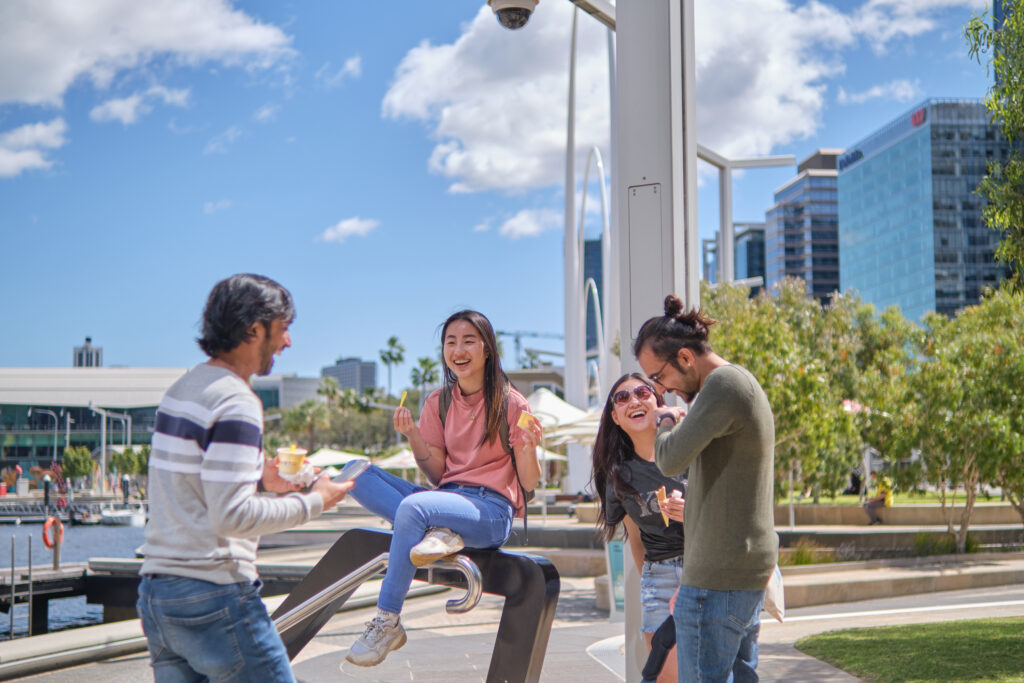At first, networking may not seem like the most effective way to get a job as a student. How can talking to people and making connections on LinkedIn lead to finding meaningful work?
Applying for jobs online can be a convenient way to job hunt, but remember that you’re competing against a huge number of other applicants and many job openings aren’t advertised publically. As a result, it can be difficult to make your personality and unique assets stand out when all you’re doing is sending in a resume. Meanwhile, volunteering, joining clubs, attending events and making personal connections with others can be your key to getting a job in Australia.
We spoke to Reshween and Sean, two international students and members of the Future Female team, who have found success in networking. Read on to discover their tips on how to gain employment and network effectively.
Why should I network?
The concept of networking and meeting new people may not come naturally to some.
“From the first day I came [to Australia], all I heard was “Networking! Networking! Networking!”, and as an introvert that was a very daunting thing to do, on top of coming from a country like Malaysia where networking isn’t common, or at least not in the way it’s talked about here,” shares Reshween.
However, she quickly picked up on the importance of putting yourself out there.
“It has been said that 80 per cent of jobs are hidden from the job market, so networking really is key… Because I knew I had limited time to build my network and be able to secure a job at the end of my degree – I only had 2 years – I got involved in as many activities and events as I could,” Reshween explains.
“After I graduated, most of my jobs came from networking or volunteering contacts I already knew,” reveals Sean.
How can I get a job through networking?
As you pursue your career pathways and future goals, your experiences are going to be unique to you. However, there are always things to learn from other peoples’ journeys.
Originally from Malaysia, Sean came to Melbourne in 2017 to pursue a Bachelor of Arts at Victoria University and is now undertaking a Diploma of Project Management at ECA College. For Sean, finding those all-important first jobs as an international student meant sticking close to his university.
“My first casual job in Australia was as an Academic Support Worker for Programmed, [supporting] students living with [disabilities] across Victoria University campuses. My second casual job was as an Ambassador for VU @ MetroWest, a community space that hosts and runs events.”
Following this, however, it was his extracurricular activities that led to employment. Sean was able to find opportunities through his new network of fellow volunteers, students and professionals.
“I was a member of the Gender Equity Action and Advisory Student Committee [at Victoria University]. While part of that student group, the person running it informed me of a Project Support Officer [at Healthwest Partnership] role being advertised and told me I would be a good fit for the role,” he shares. “I applied for the role and was successful. Through networking, I got to be part of Project Global Citizen as a scholar and then be part of the team running the program. Through volunteering with the Council of International Students Australia (CISA), I was then invited to be part of the steering committee for Future Female.”
For Reshween, keeping and maintaining professional relationships, wherever you may find them, has helped her build her ever-growing resume.
“I only had two years to build my network and be able to secure a job at the end of my degree, so I got involved in as many activities and events as I could, including volunteering at Melbourne City FC on match days and the Deakin University Sports Society,” she explains.
In 2019, while attending an AGM for the Sports Society, Reshween offered to do graphic design work to support the Society. Just weeks later, she was contacted by her now-employer at SportsGrad, eager for someone to help with social media. After years of volunteering with the company, SportsGrad grew and Reshween was able to secure a paid position. She complements this with a part-time job with EngageRM and a casual role at Melbourne City FC.
“My role with EngageRM came through my manager at SportsGrad, and with Melbourne City, I was promoted from a volunteer to a casual in 18 months. Even my role with Future Female came through a referral,” she shares. “I’ve found that for someone who doesn’t like to do “traditional networking”, working with different people, in different roles, and just showing people what I can do has led me to many different opportunities. Perseverance is key.”
Networking advice from the student experts
“Knowing the right people has got me to where I am in my career today,” says Reshween. “I’ve not had to apply for or interview for any of my roles so far, it has all been earned through hard work and referrals. Having a big network is good, but also make sure to have the right people in your network.”
When networking, the ‘right’ people are those who will support your career, are well-connected themselves, and work in fields you’re interested in.
But there are always dos and don’ts when it comes to networking:
“Don’t go into networking with the idea of asking someone for a job – that won’t work,” explains Reshween. “To develop a good network, we need to develop real and meaningful relationships with others.”
Once you’ve secured a role, it’s time to let your personality and skills shine.
“My advice to students is to find opportunities to showcase your talents, soft skills and work etiquette so your networks will know that you’re a potential asset,” says Sean. “They will remember you when they need someone to fill a role.”
While you may not be into ‘traditional networking’ and walking into a loud, crowded room to introduce yourself to everyone doesn’t appeal, as demonstrated by Sean and Reshween, there are so many opportunities to build a network around you to develop your professional experiences and find work in Australia.







